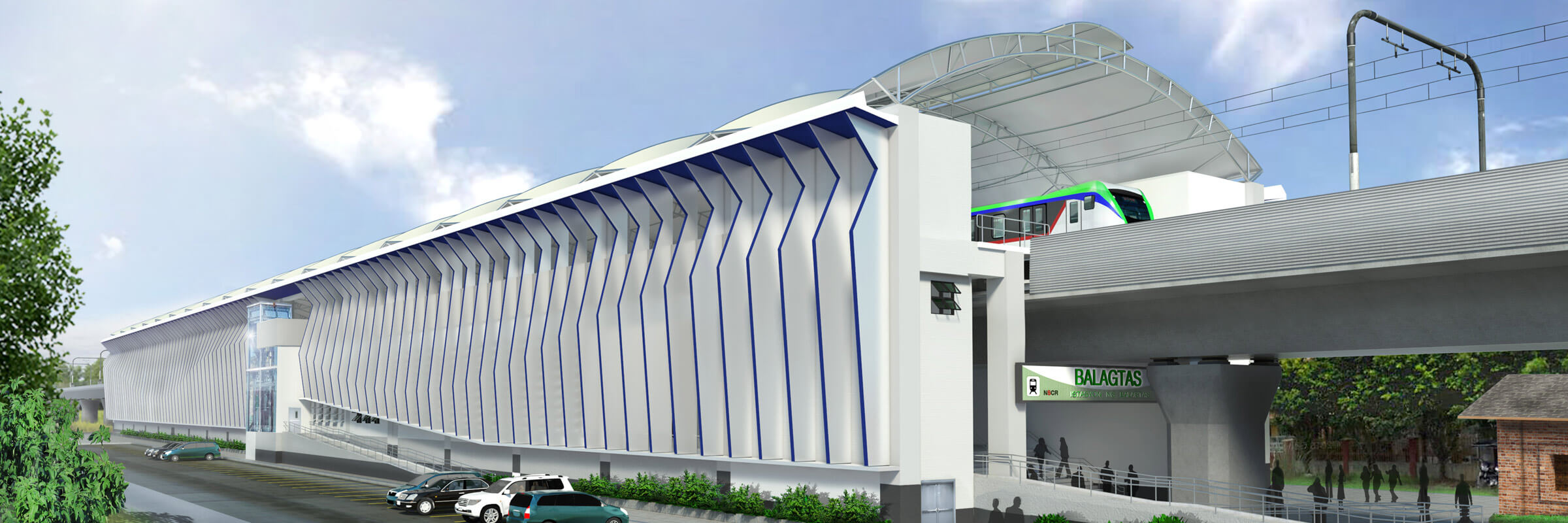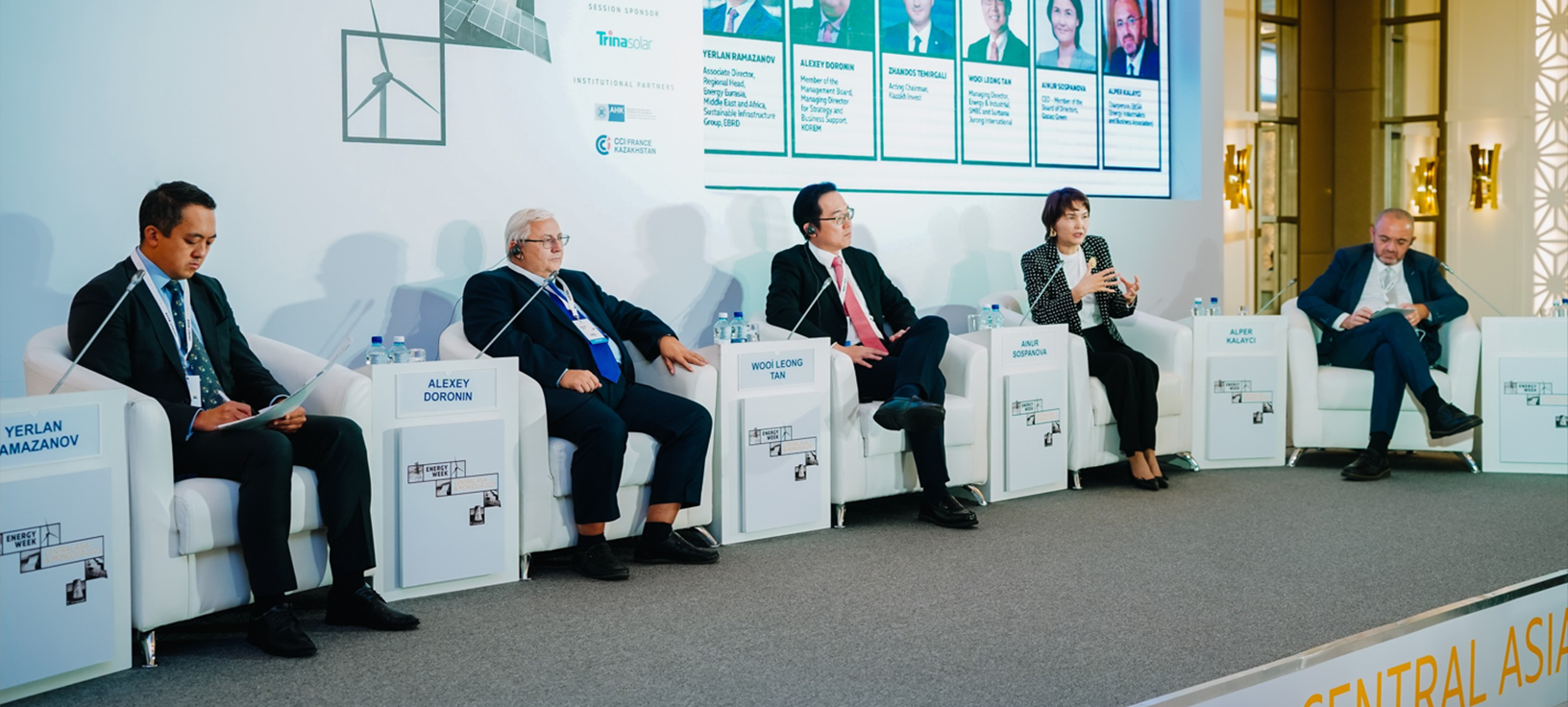
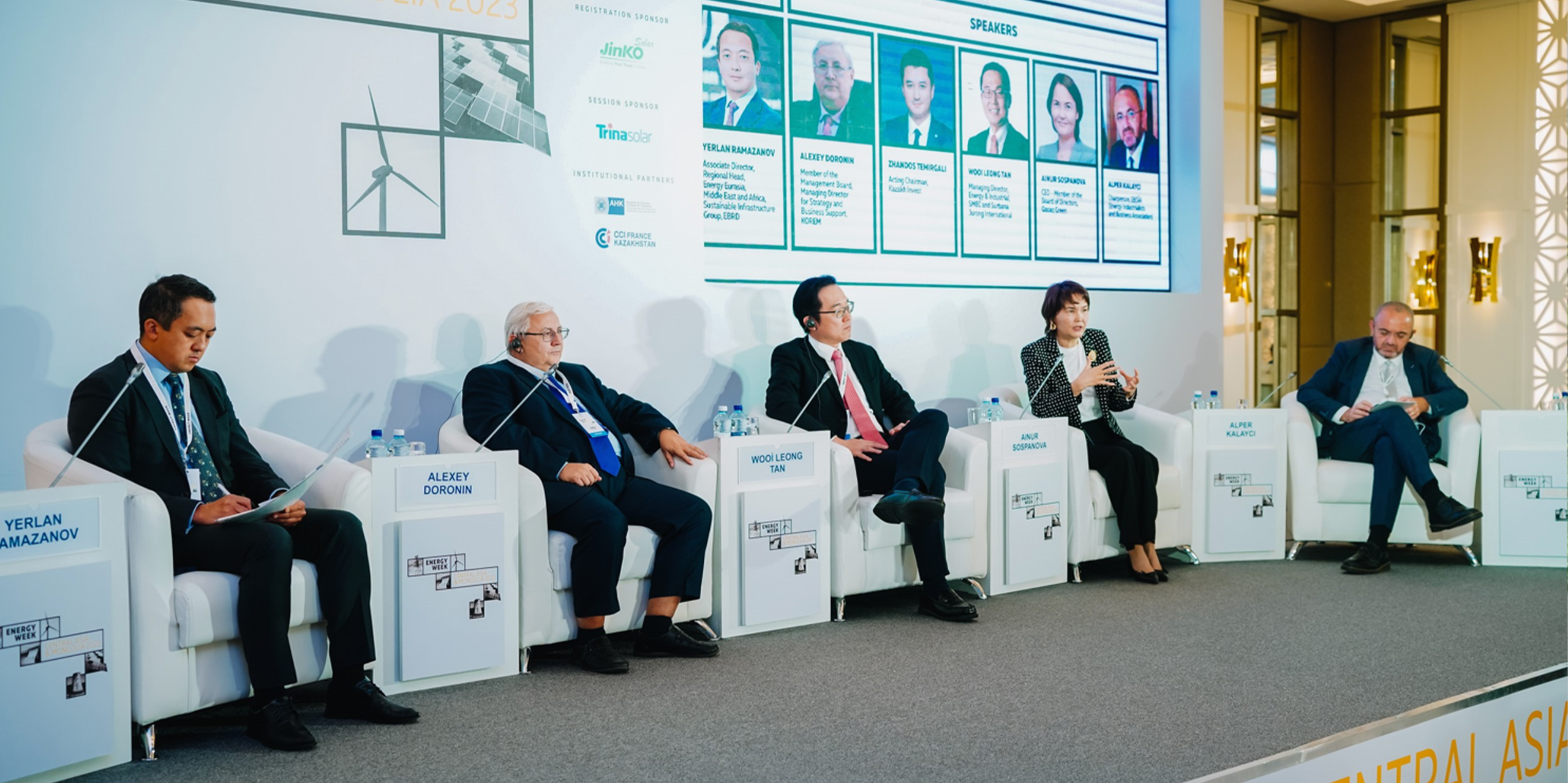
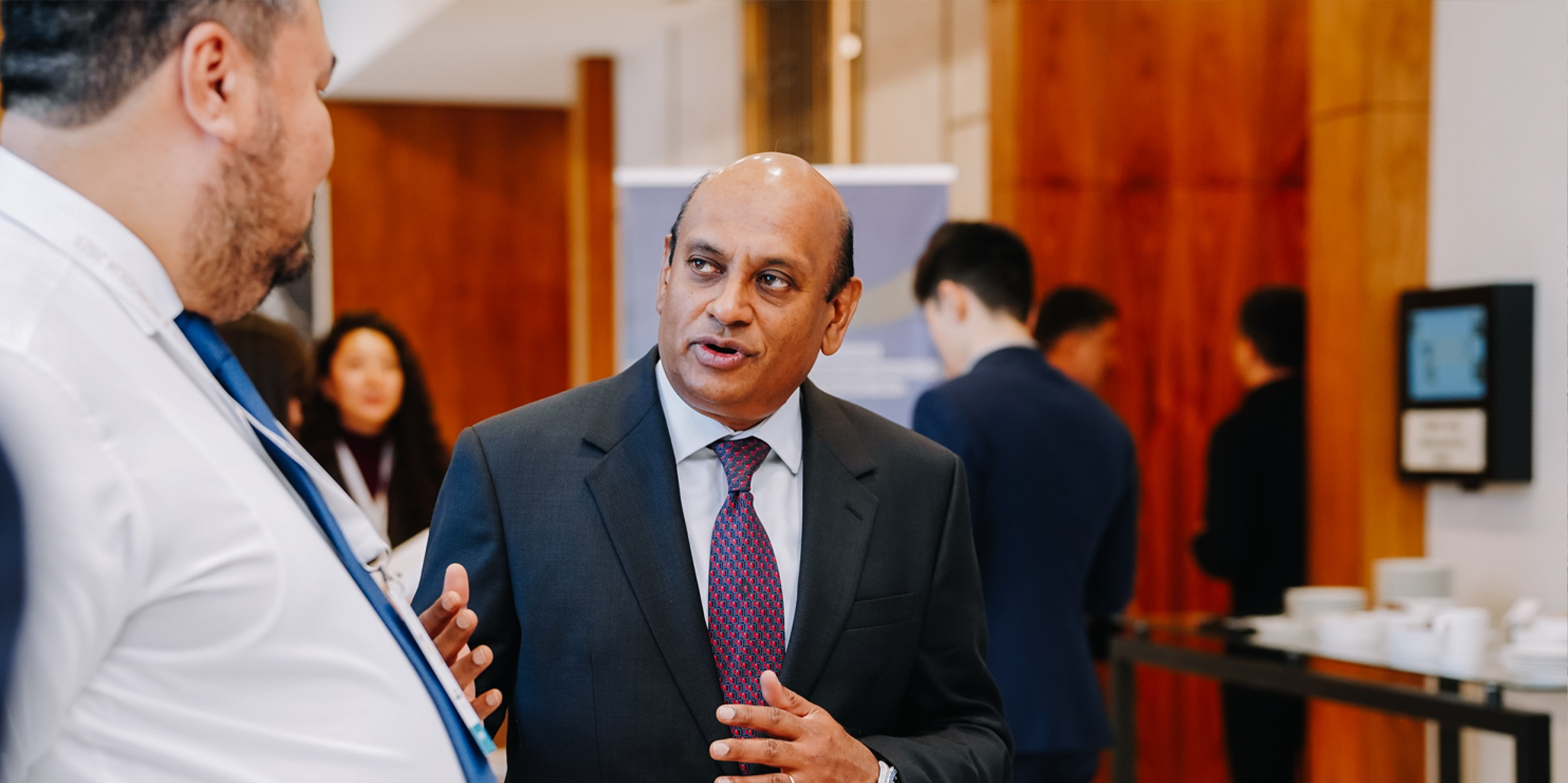
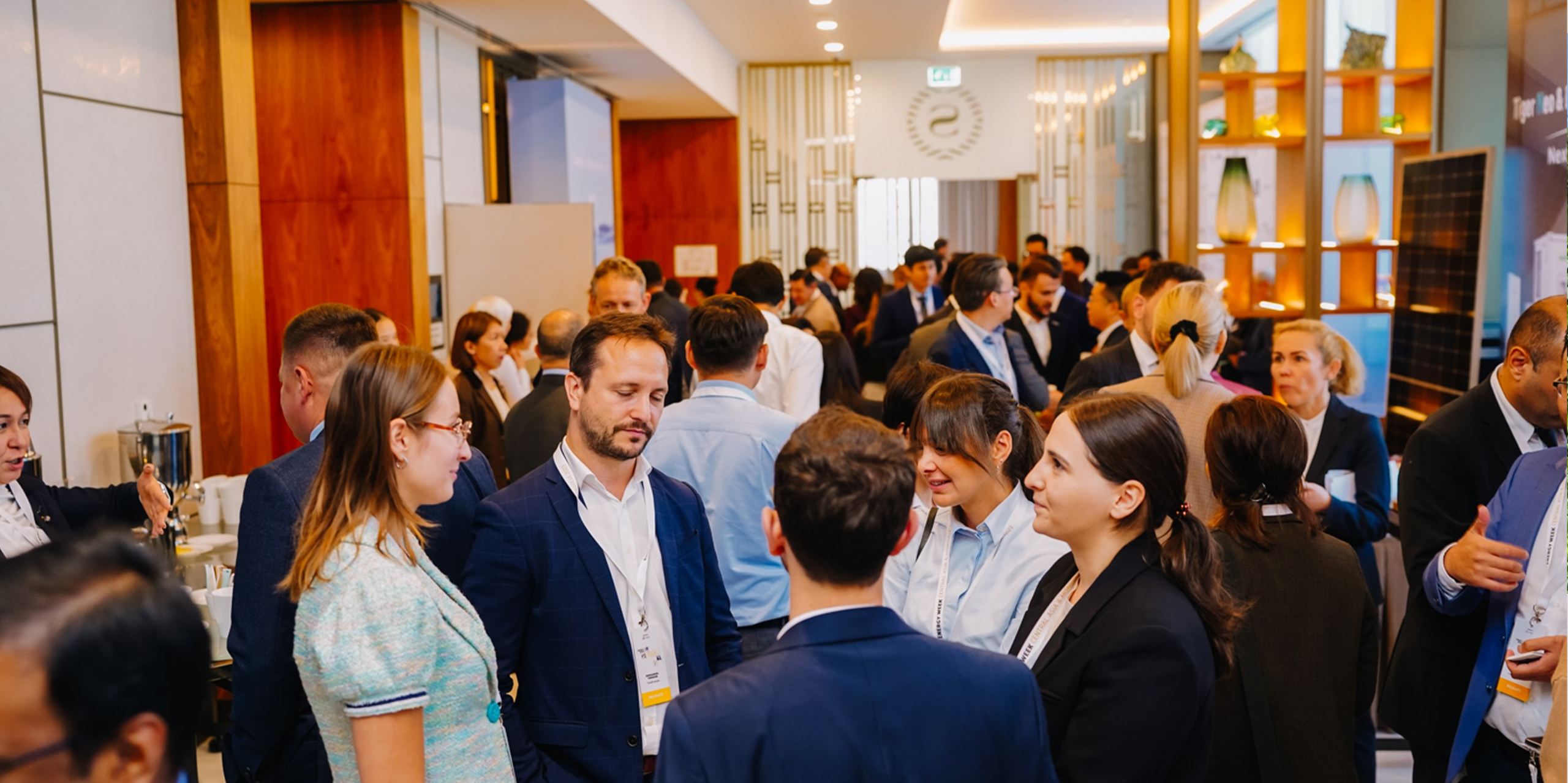
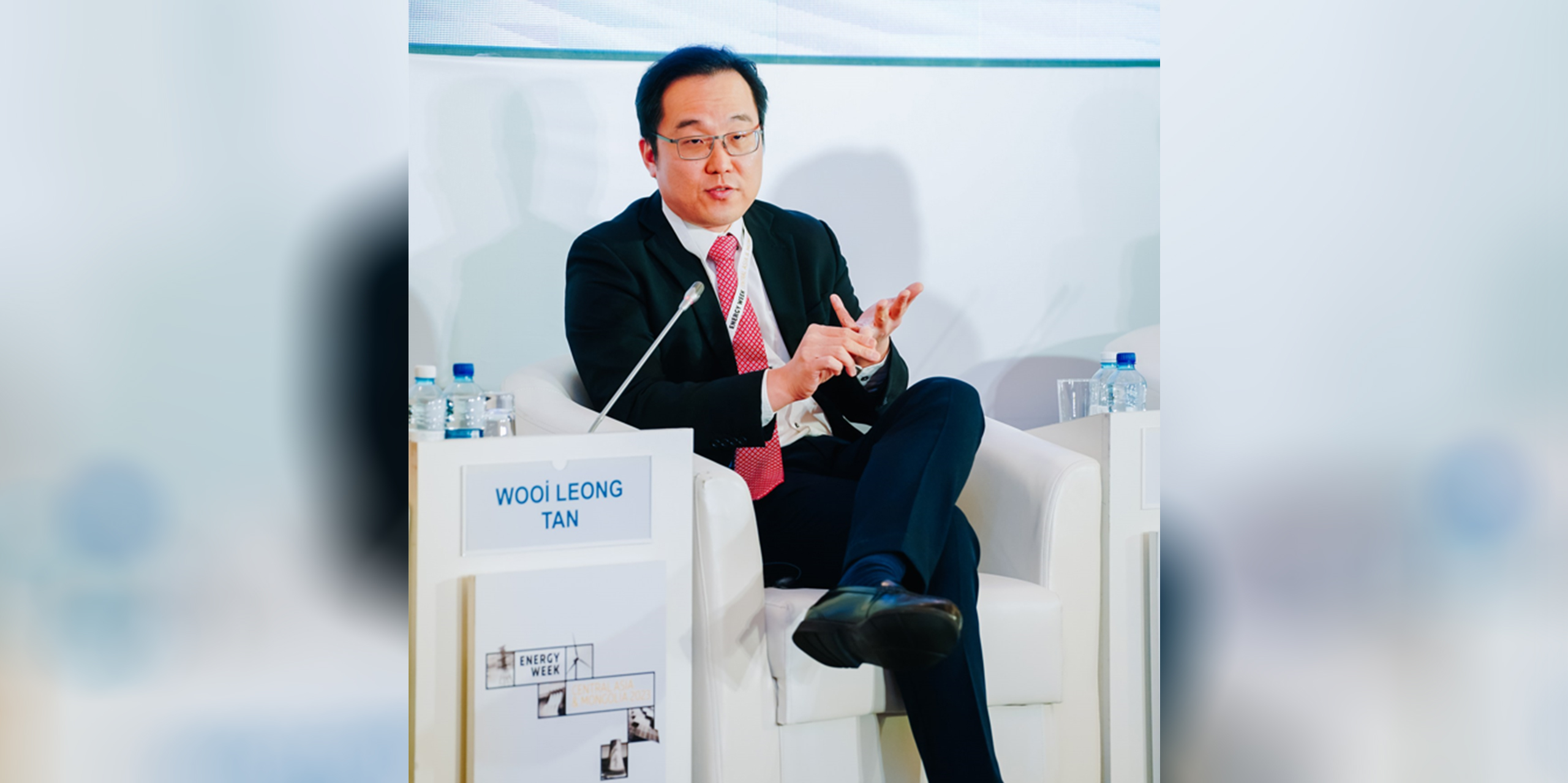
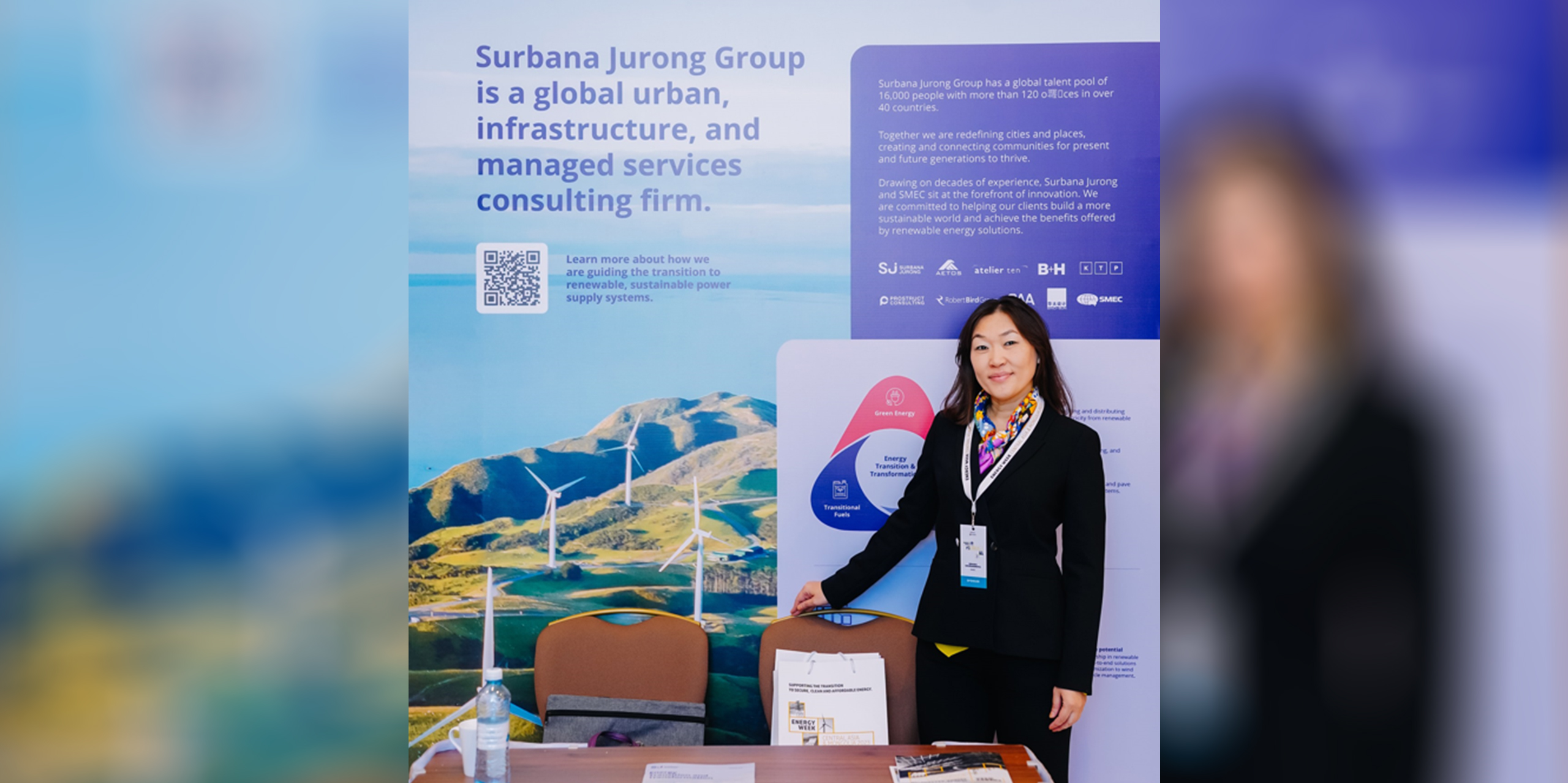
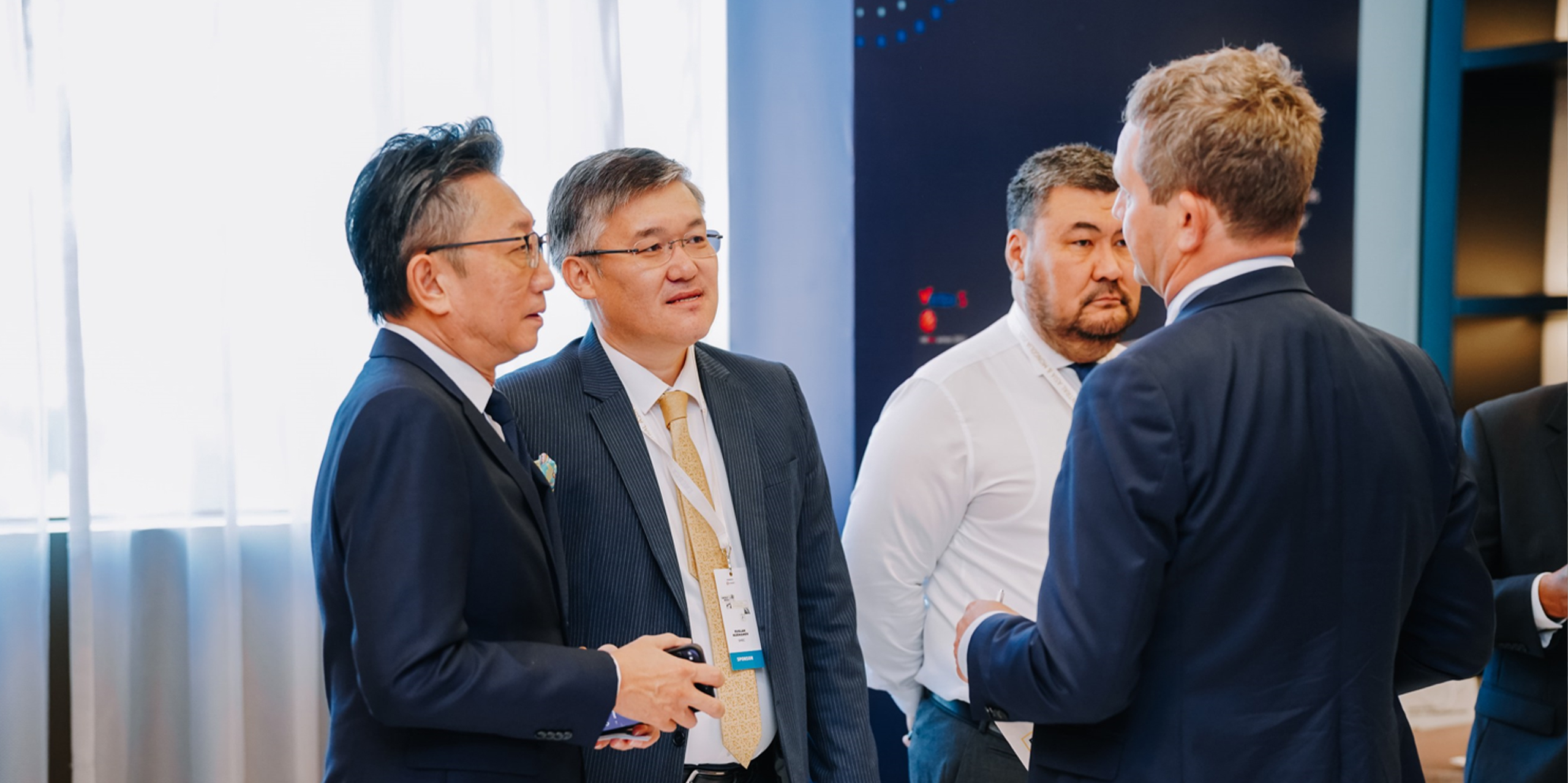
 Designing Tomorrow's Infrastructure Today: Circular Economy and BIM Collaboration
Designing Tomorrow's Infrastructure Today: Circular Economy and BIM Collaboration
The construction industry plays a considerable role in global energy consumption and energy-related carbon emissions, attributed to the manufacture of building materials and products. The current, linear ‘take-make-dispose’ model of resource consumption has led to environmental degradation and resource depletion.
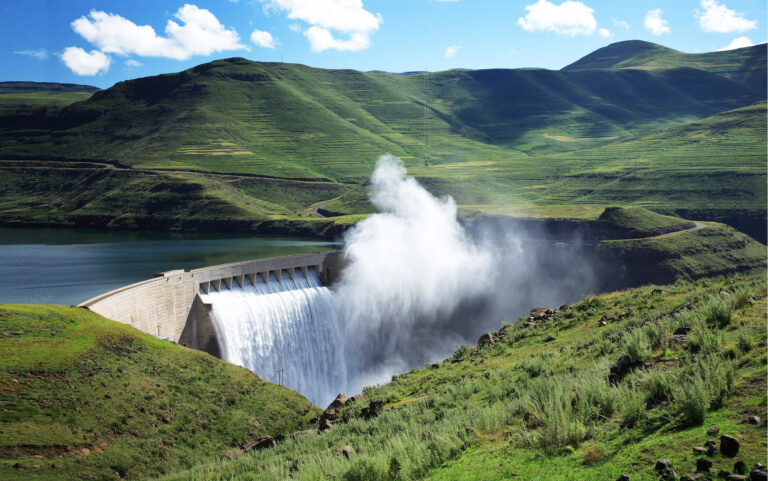 Global Hydropower Day
Global Hydropower Day
Hydropower is a cornerstone of sustainable energy solutions. It promotes environmental responsibility, economic stability, and energy reliability as the world continues to shift towards a sustainable and environmentally responsible future.
 Implication of Constructing the New Umhlatuzana River Bridge Deck Monolithically with the Existing Deck
Implication of Constructing the New Umhlatuzana River Bridge Deck Monolithically with the Existing Deck
The paper investigates joining the existing prestressed Umhlatuzana River bridge deck to a new deck monolithically. The new deck will shorten at a higher rate when compared to the existing deck.


